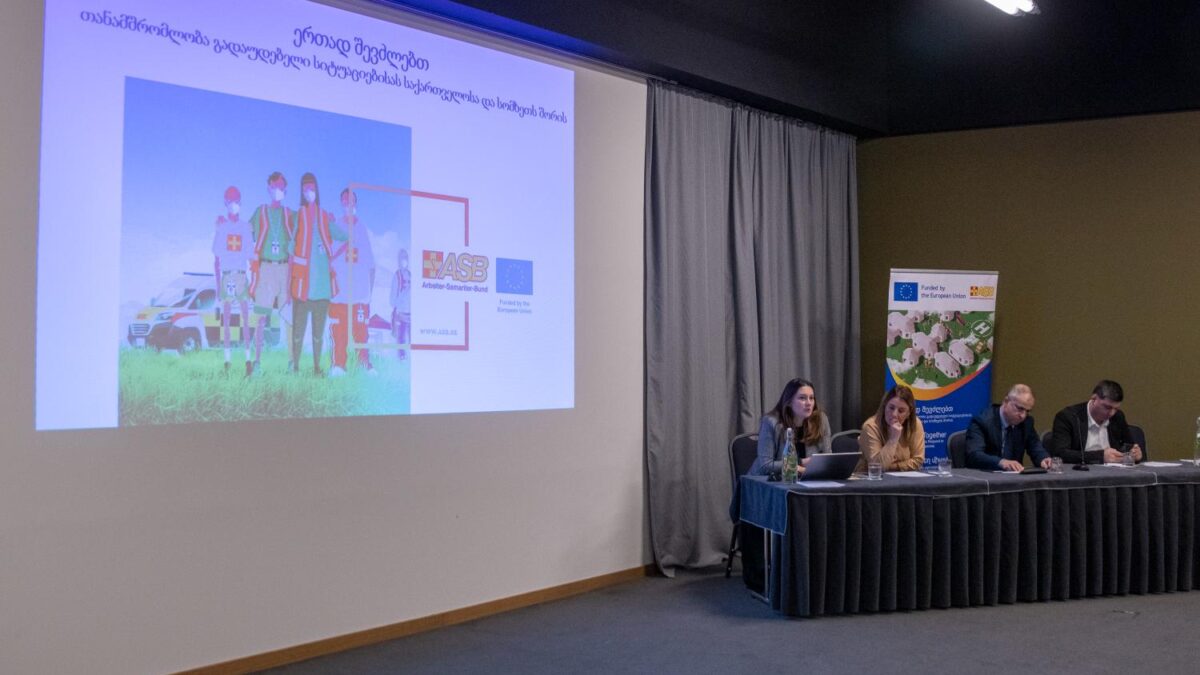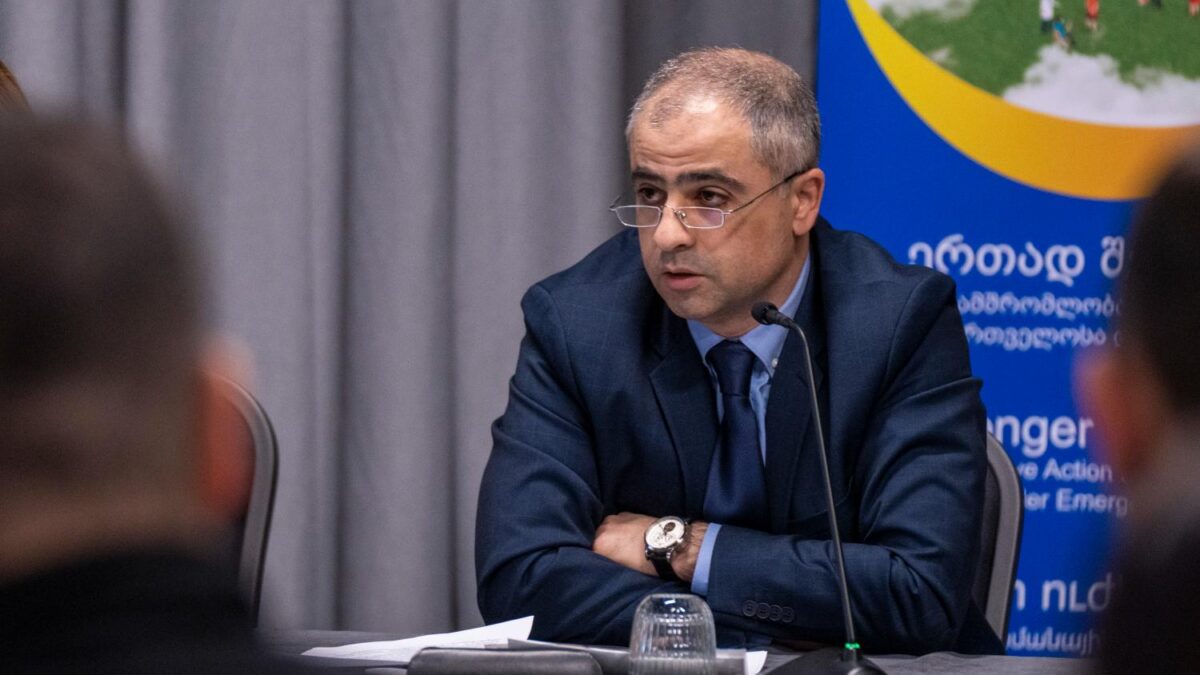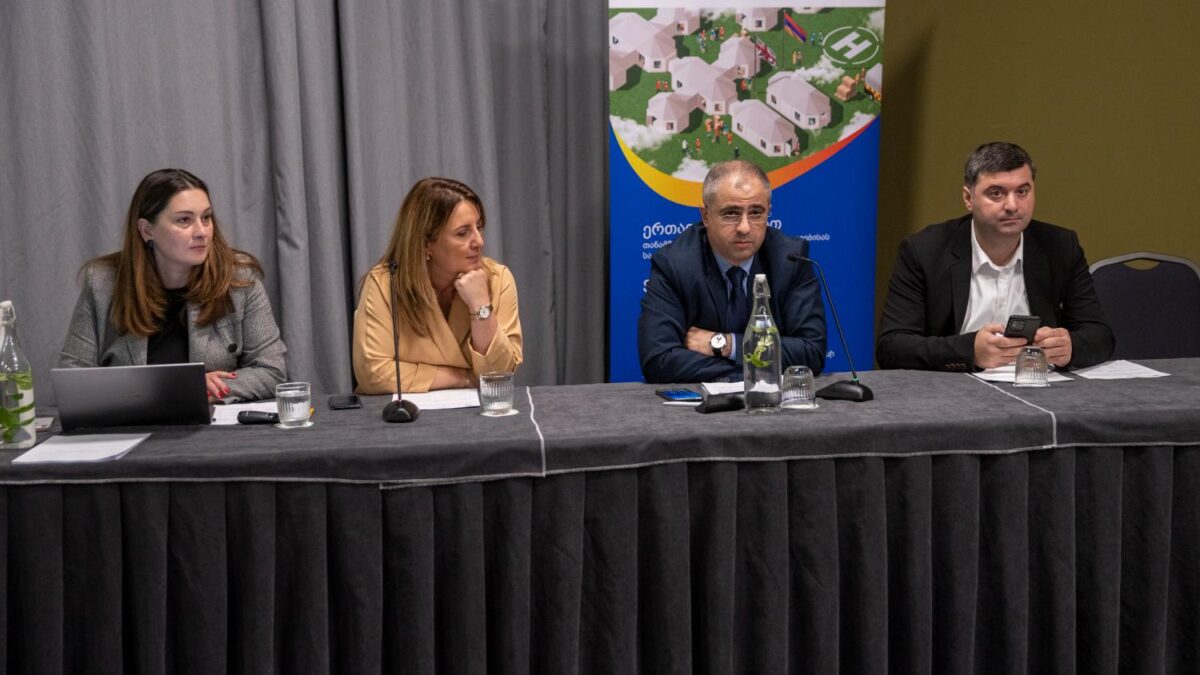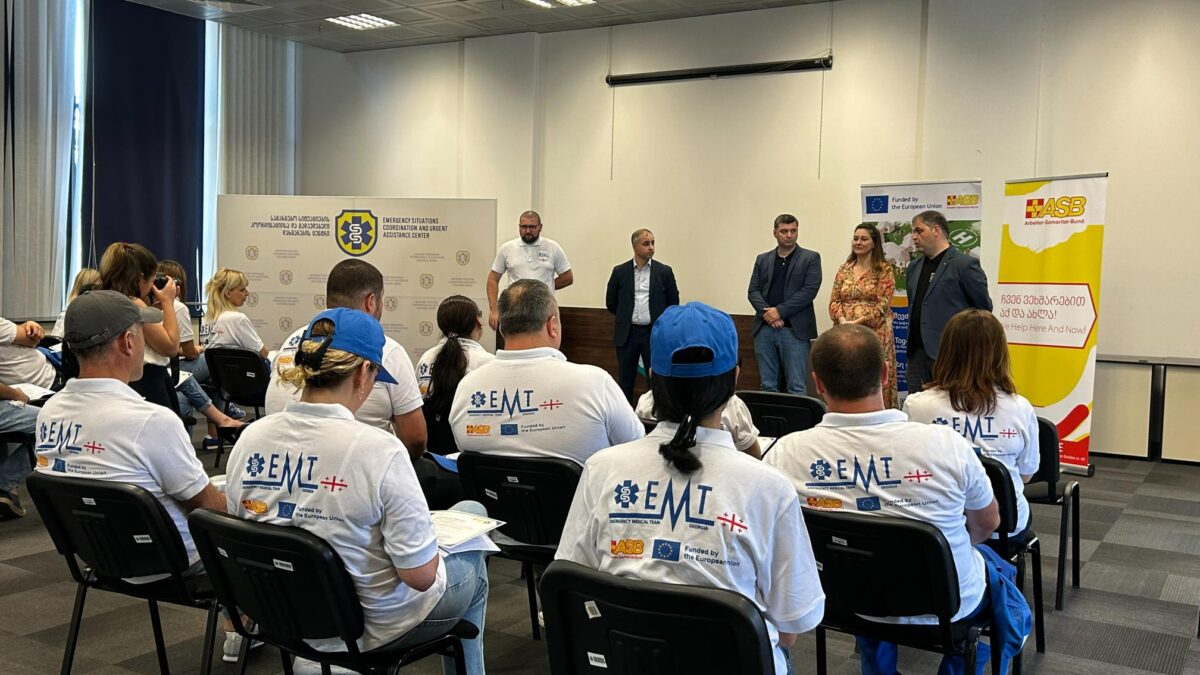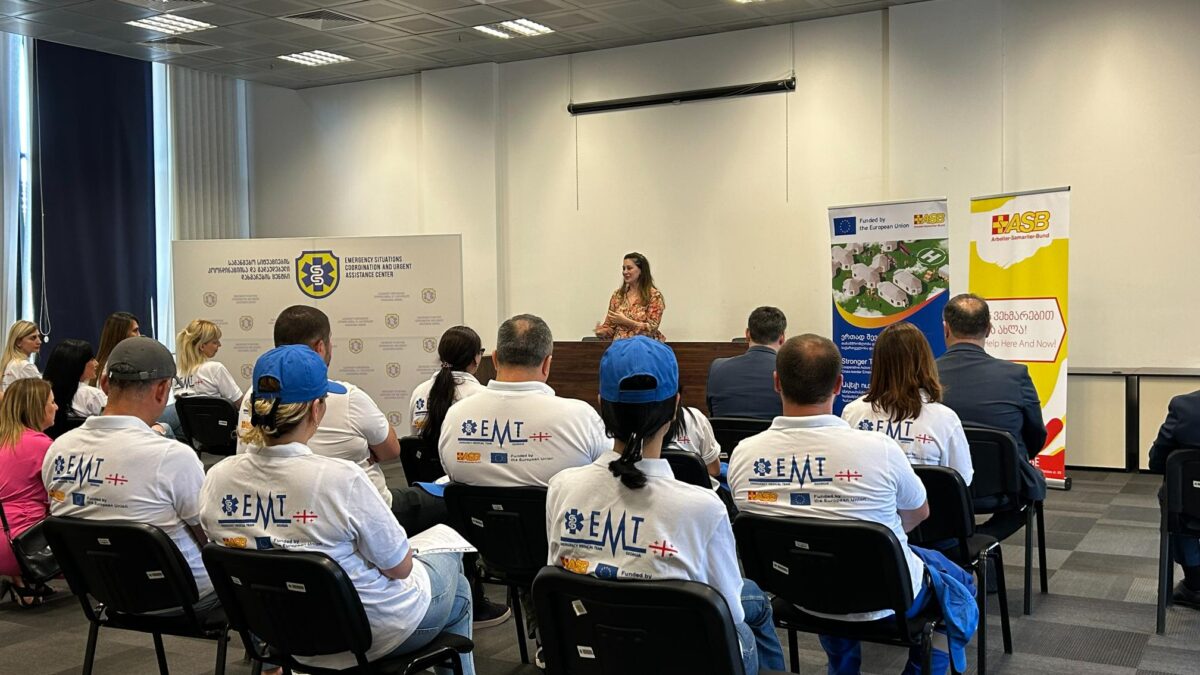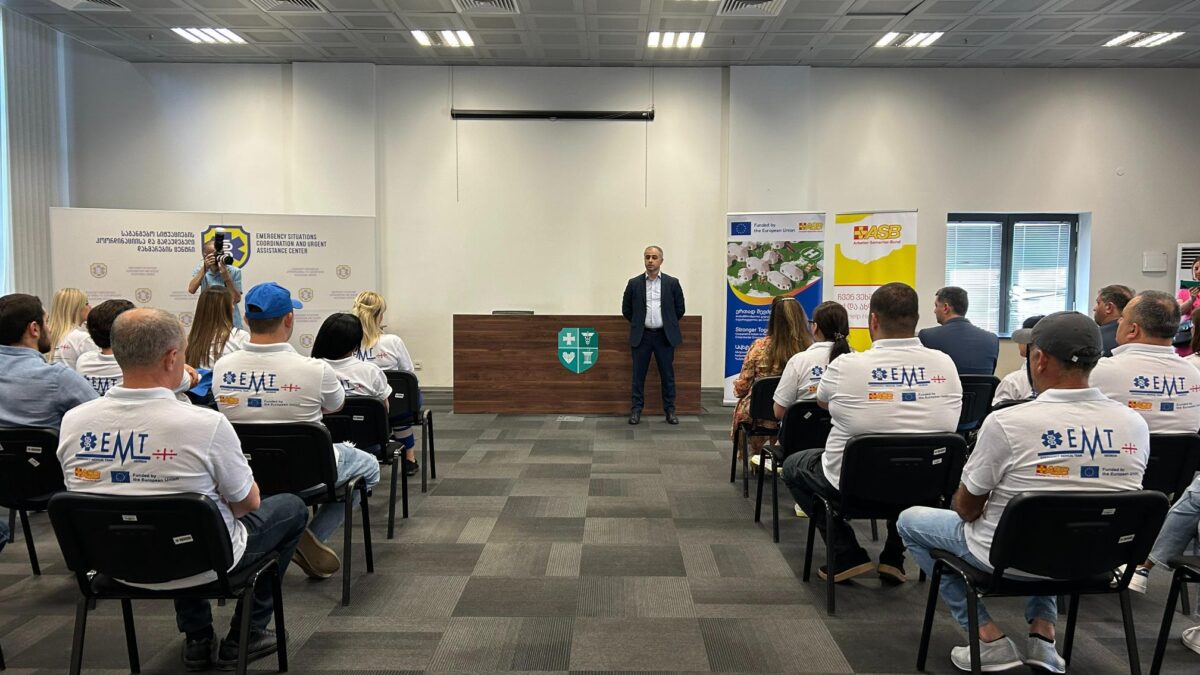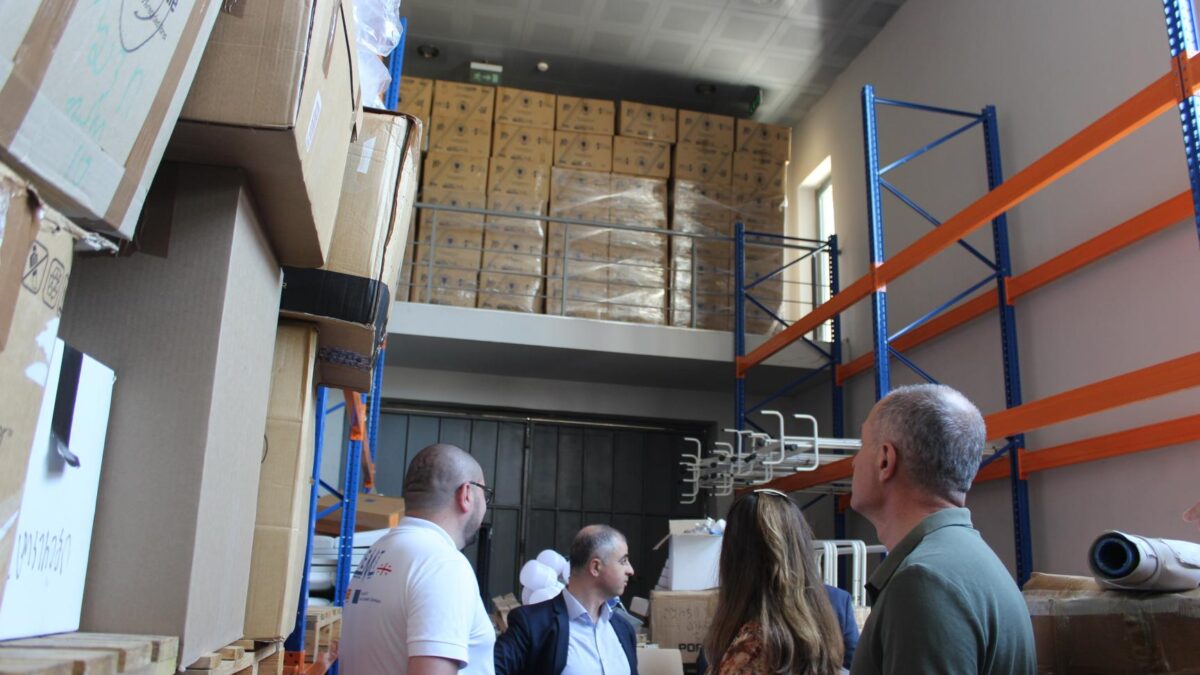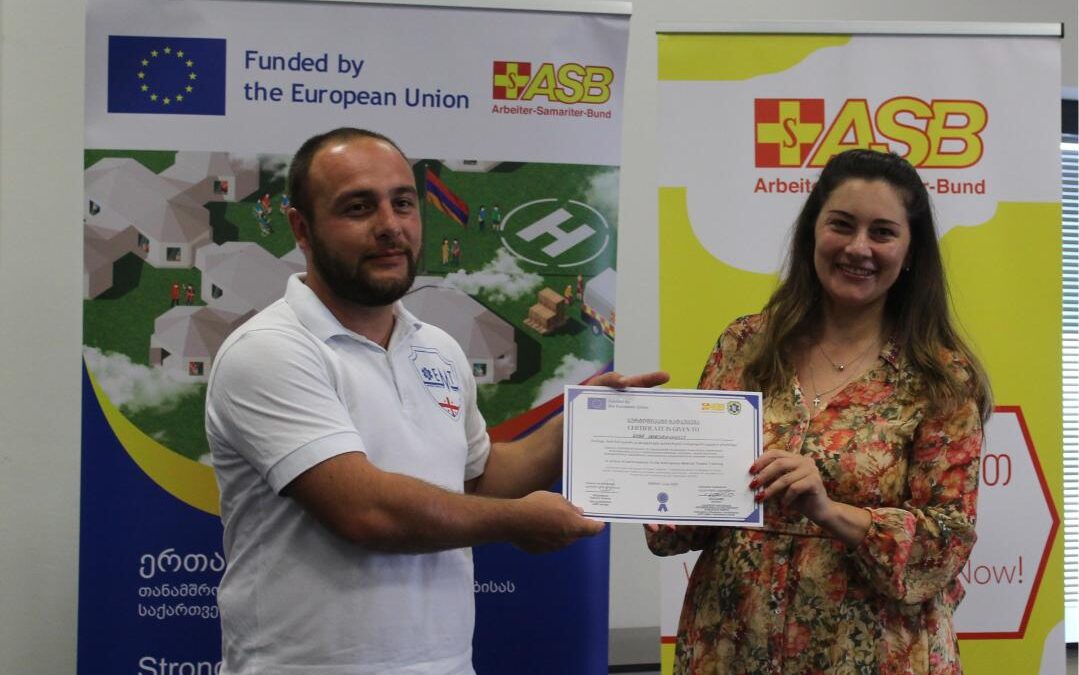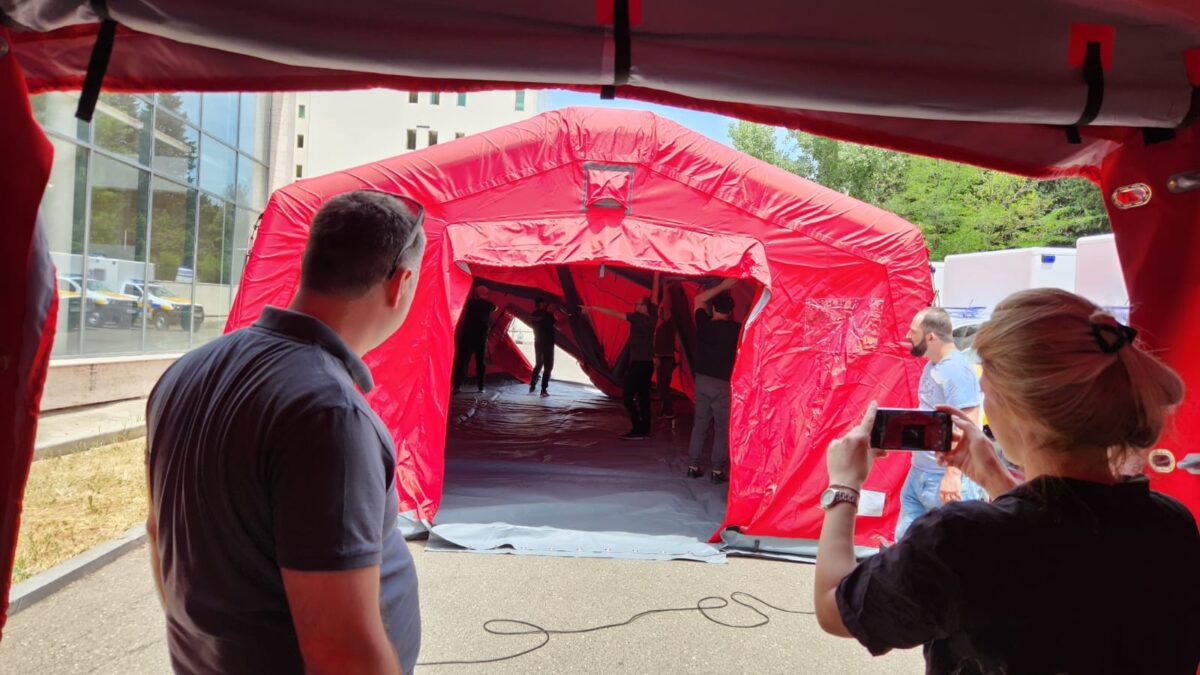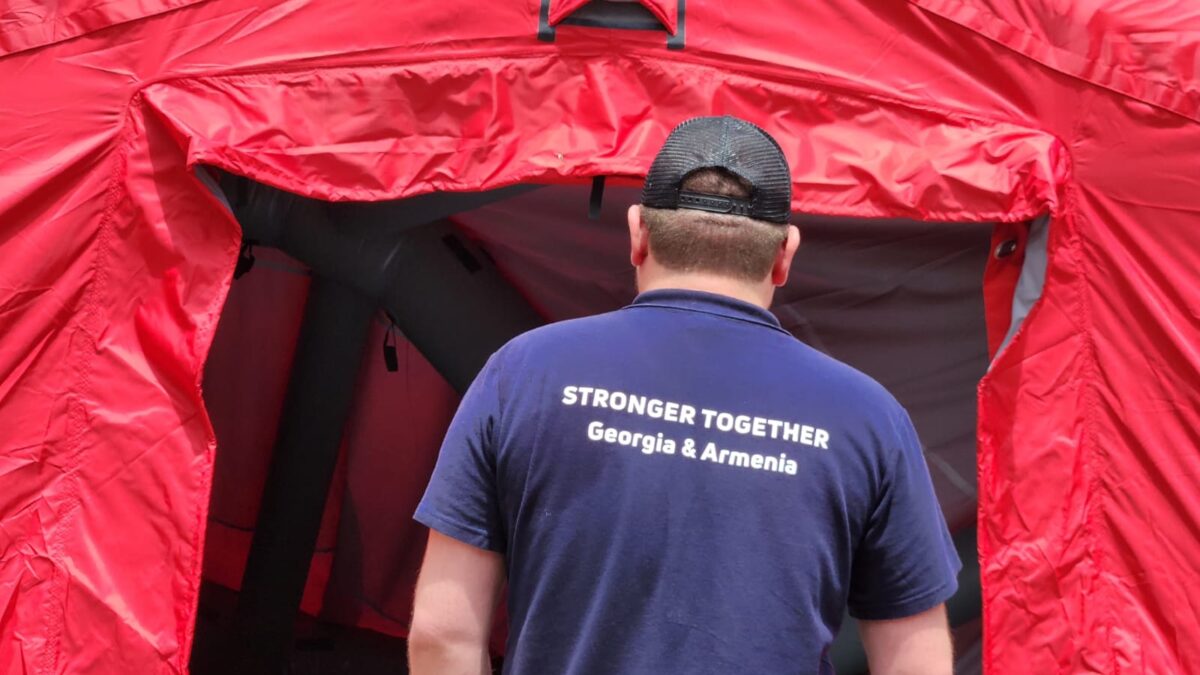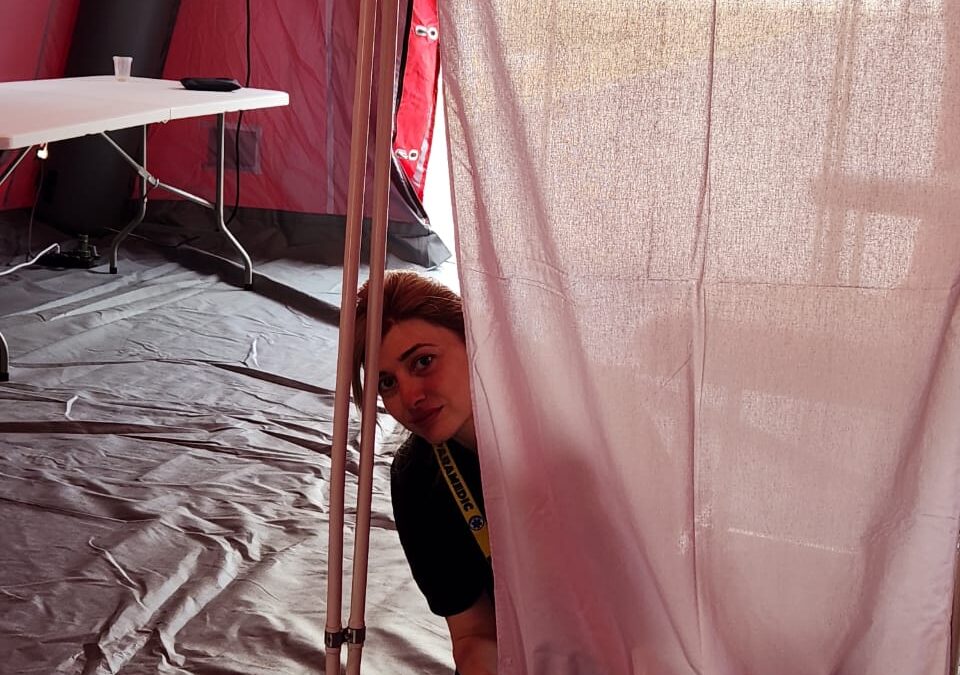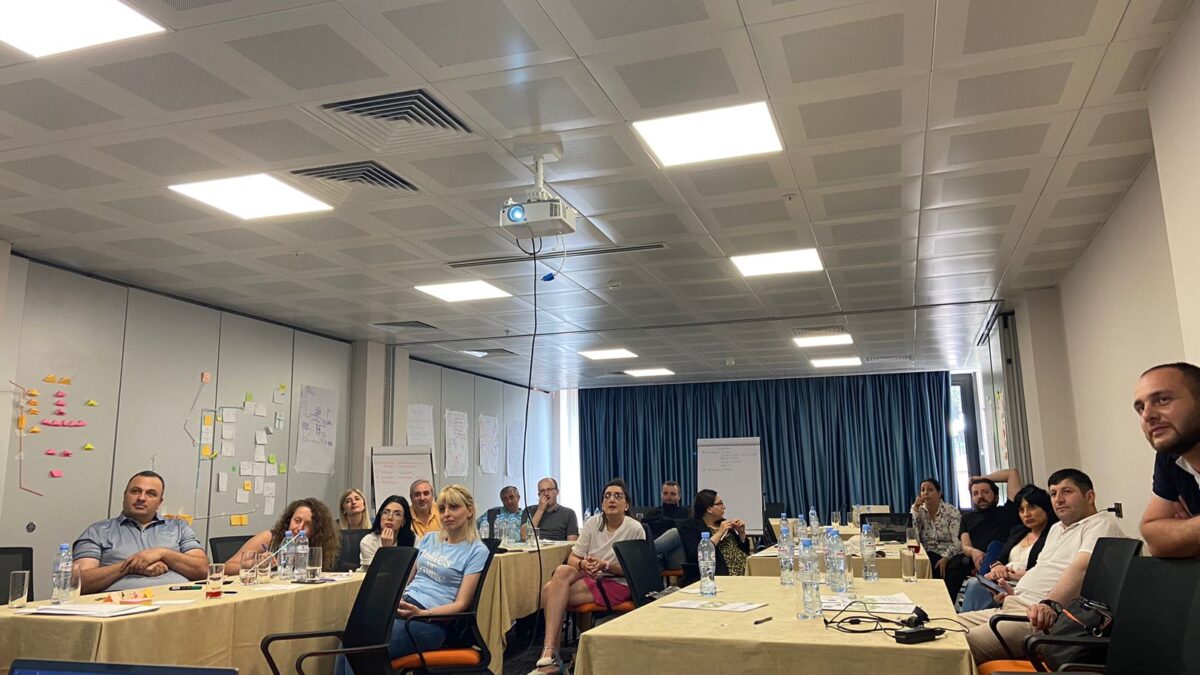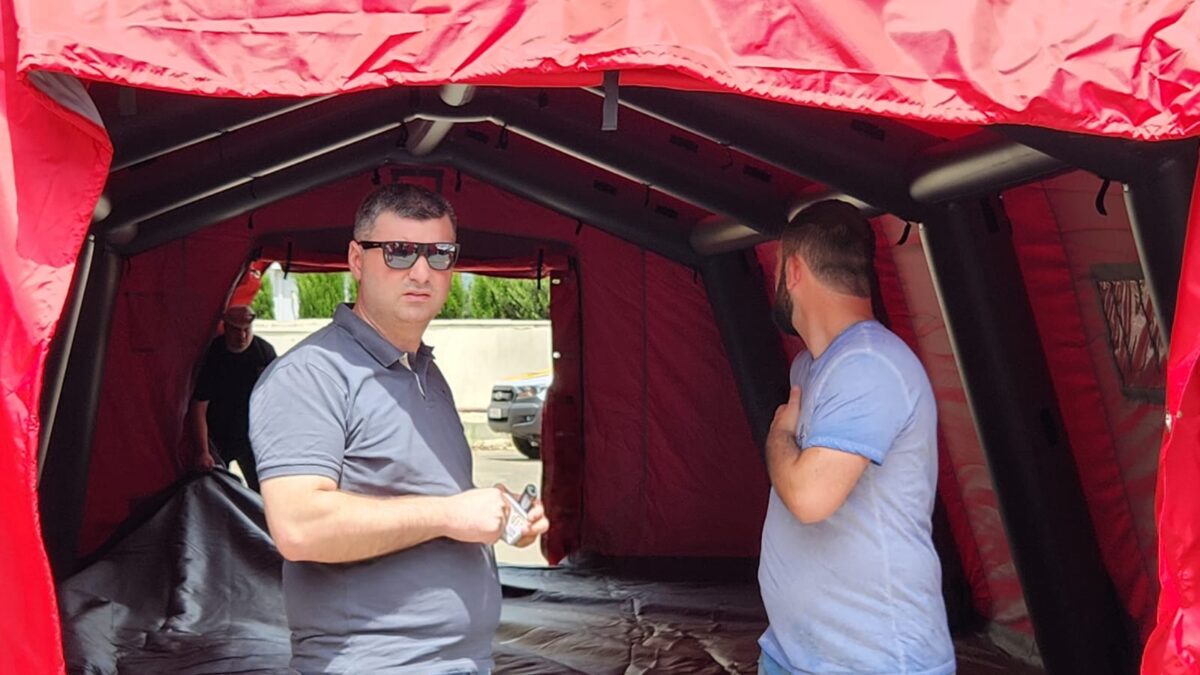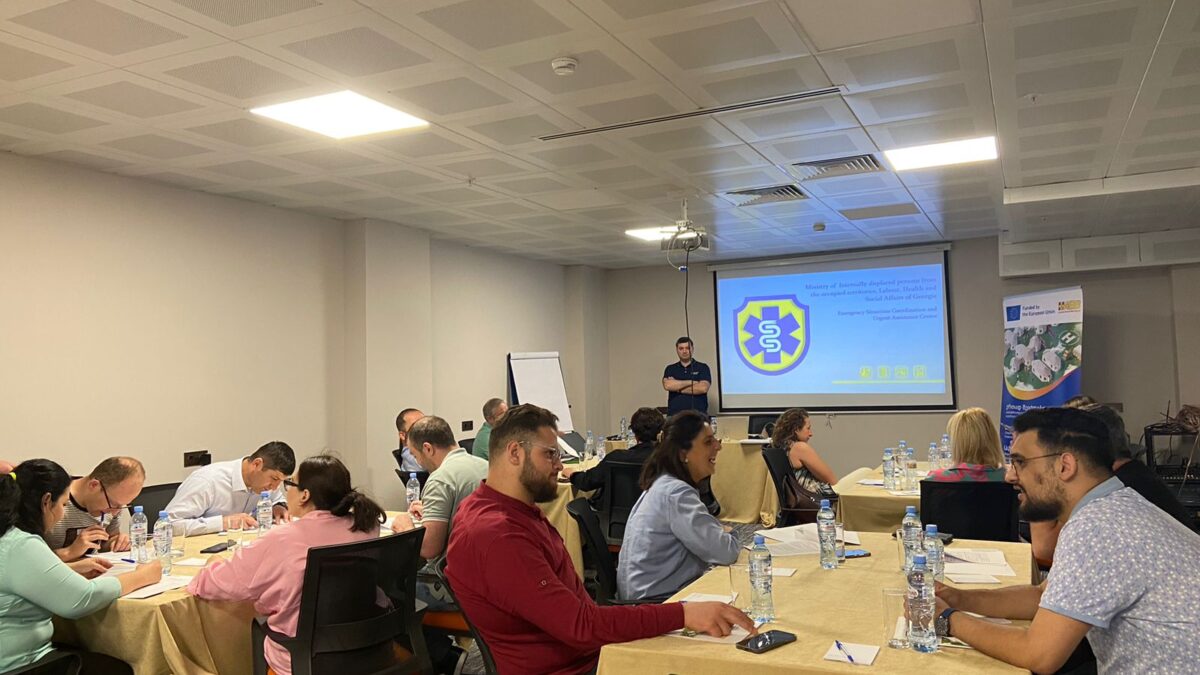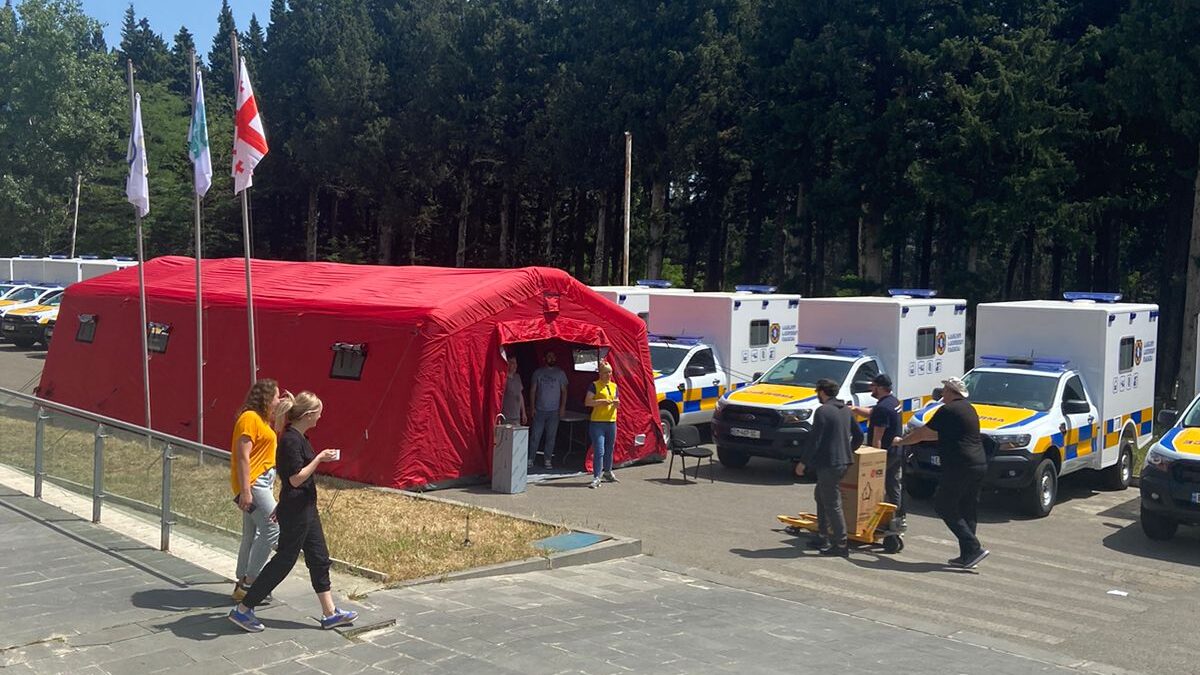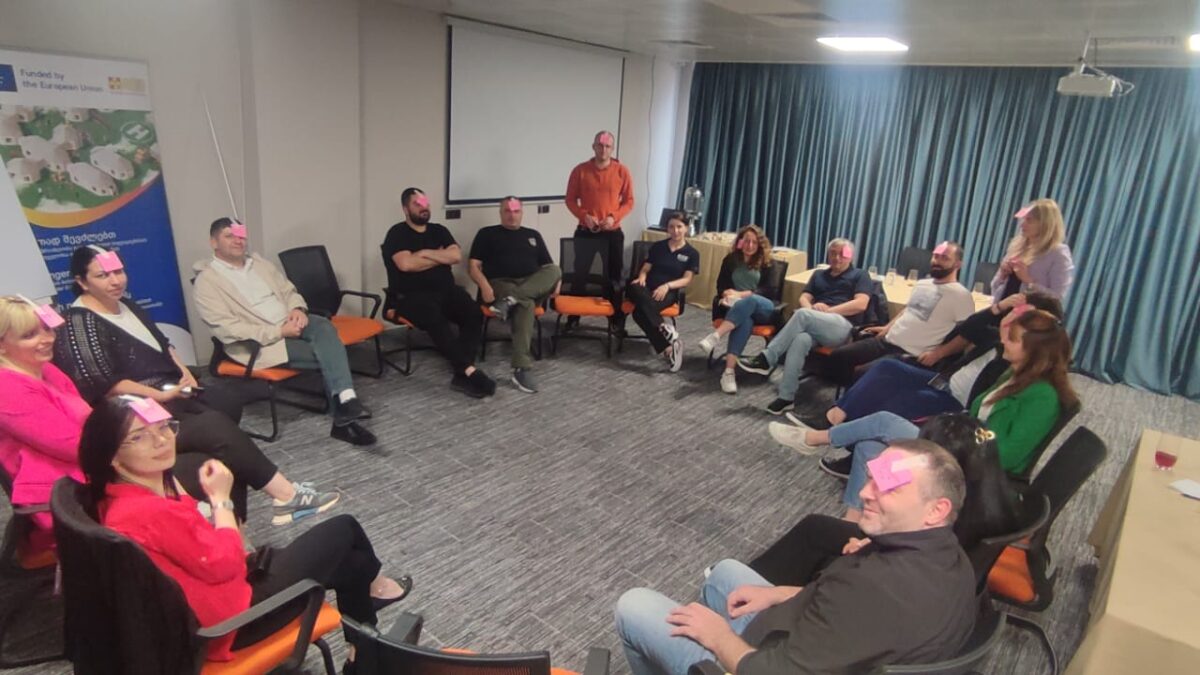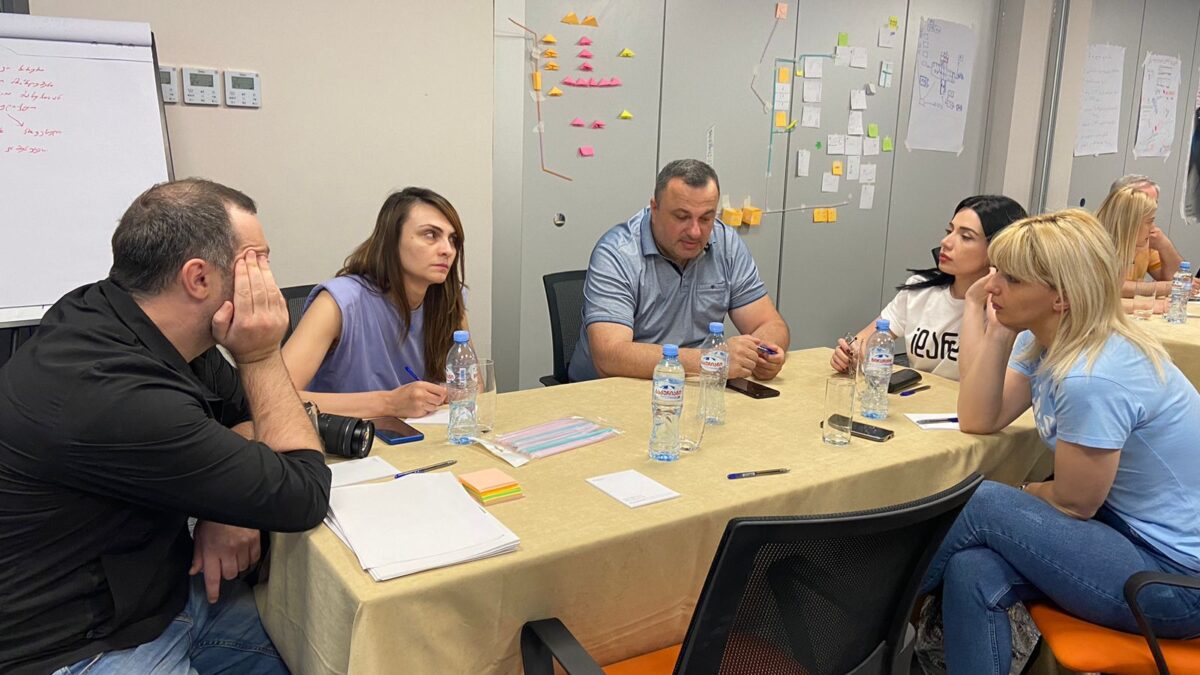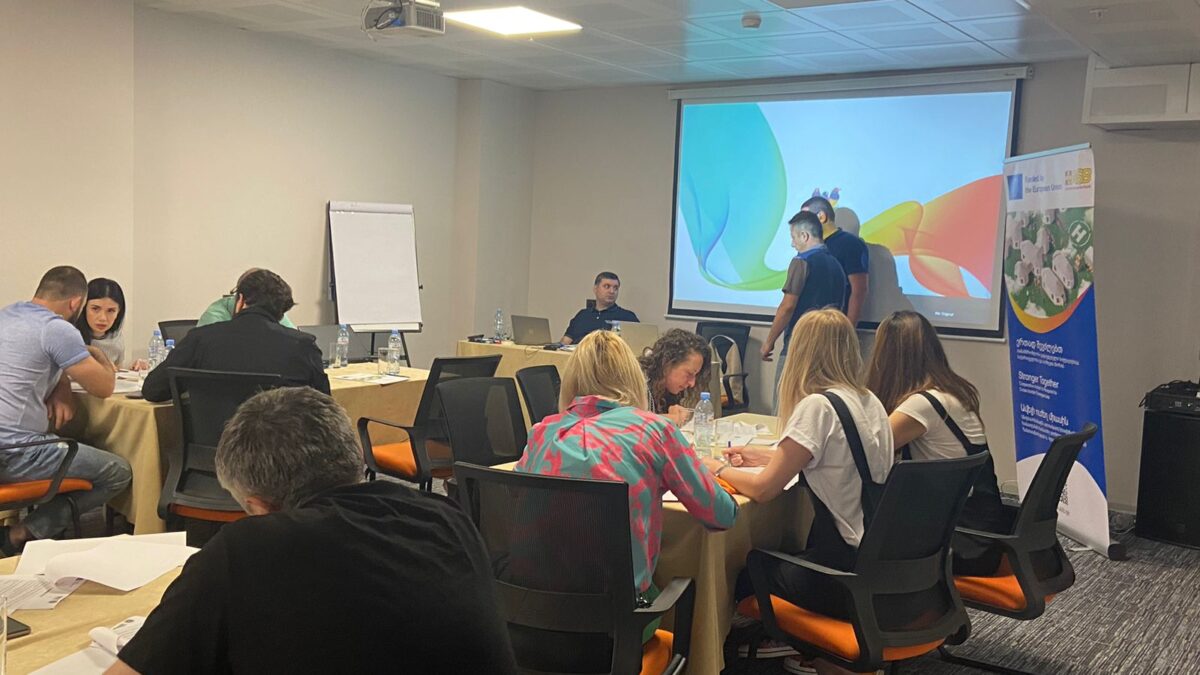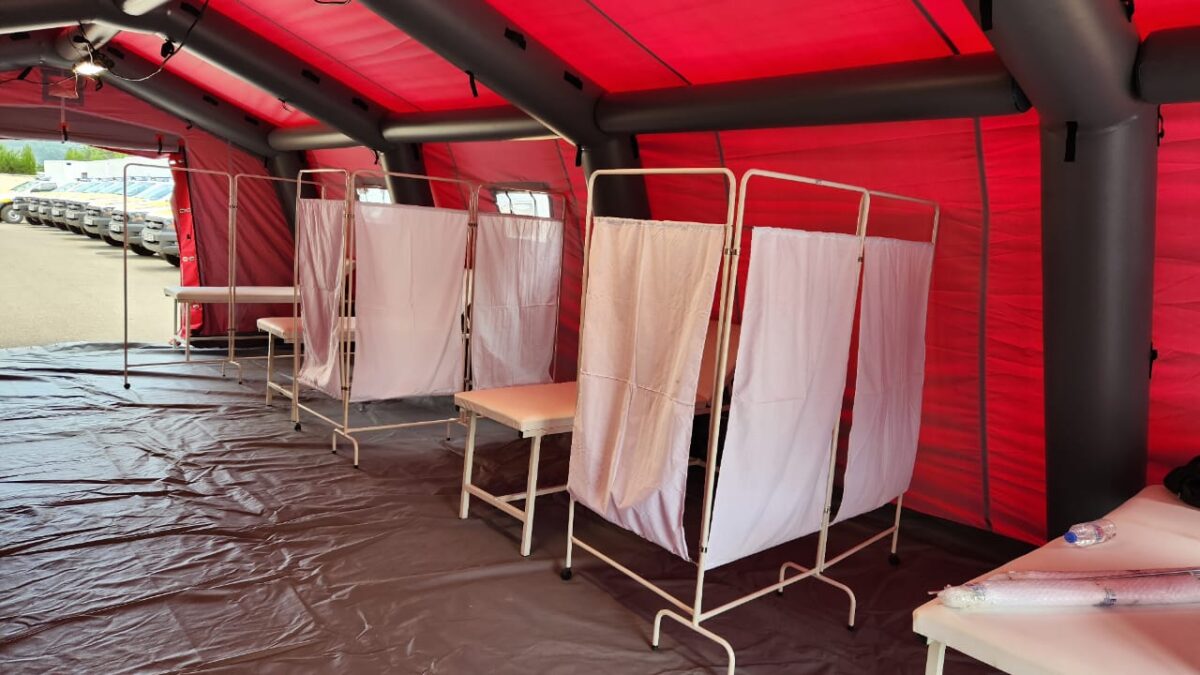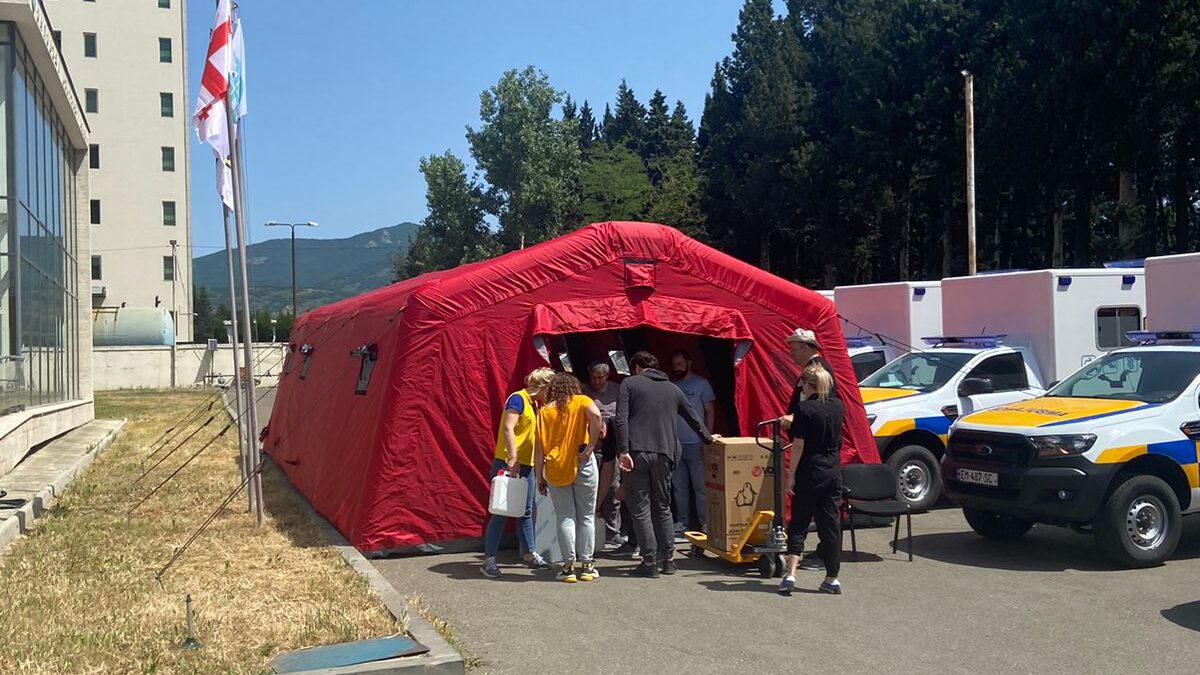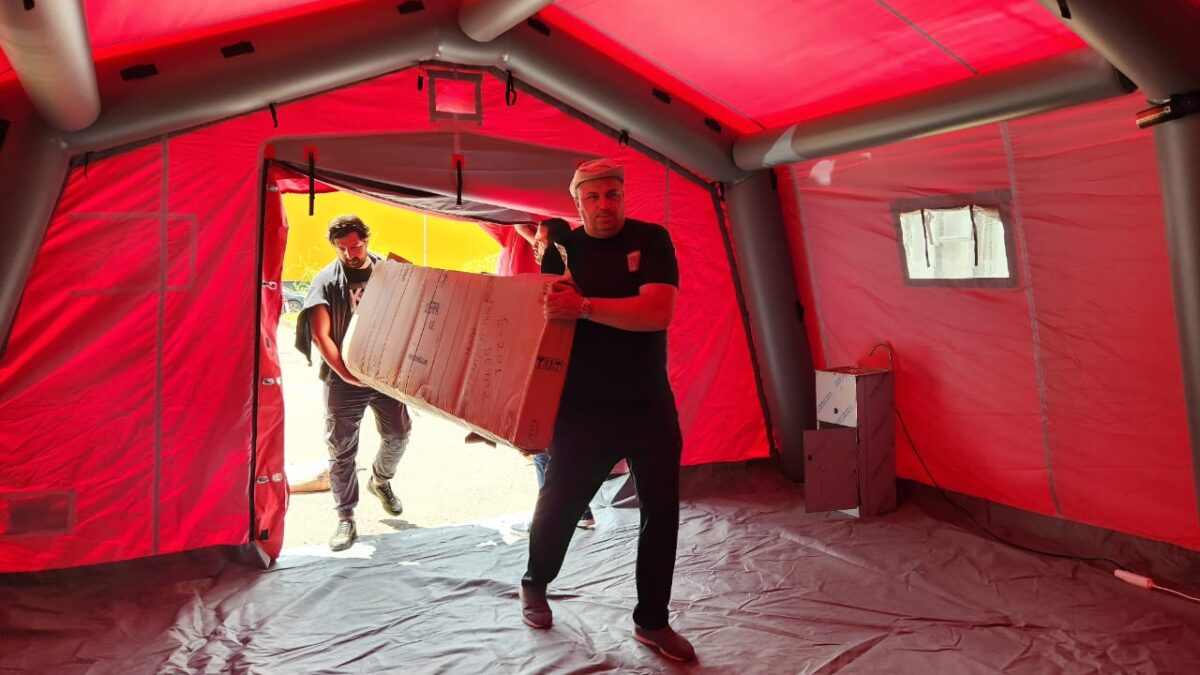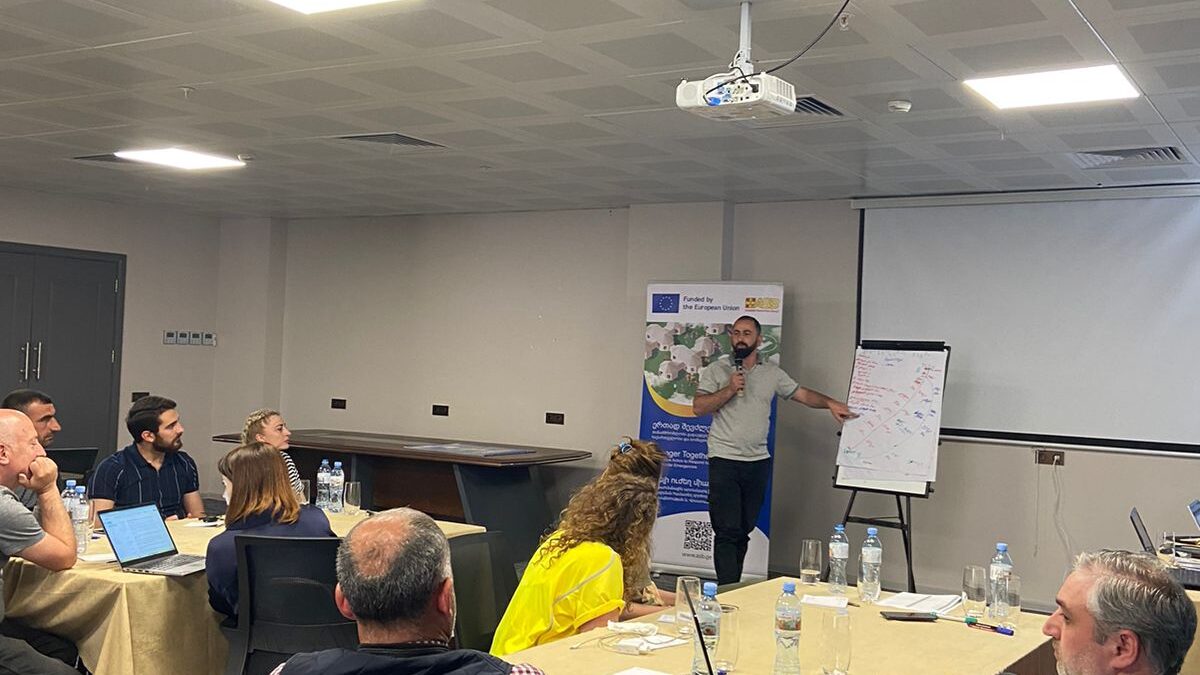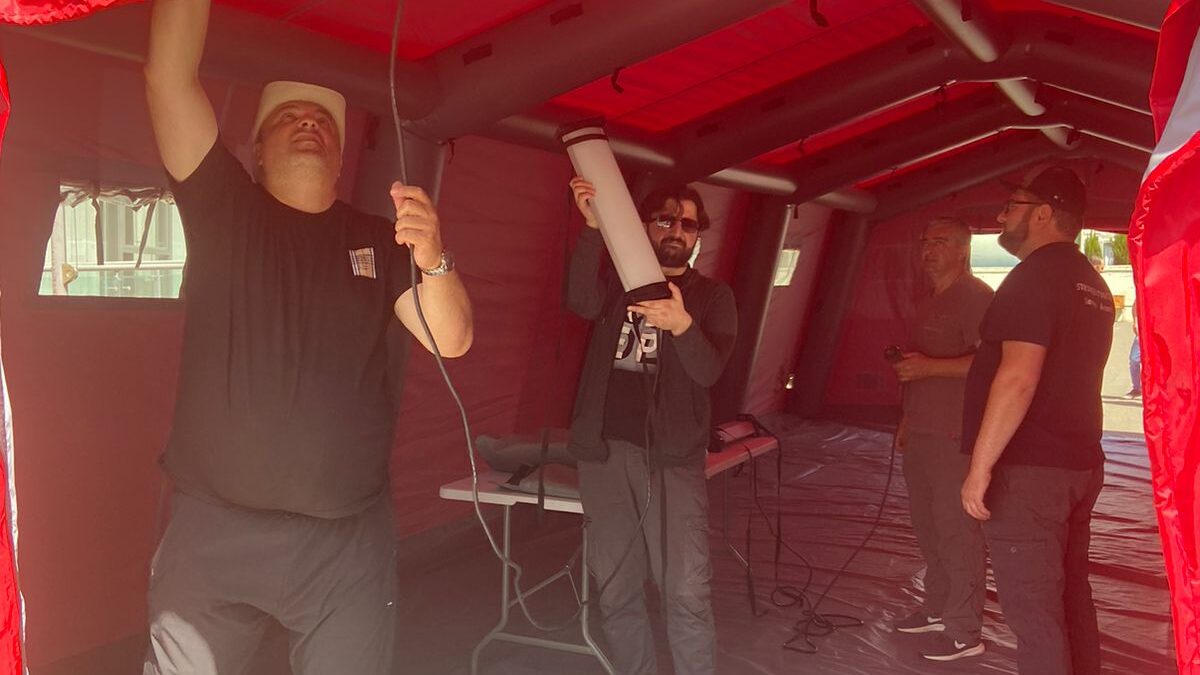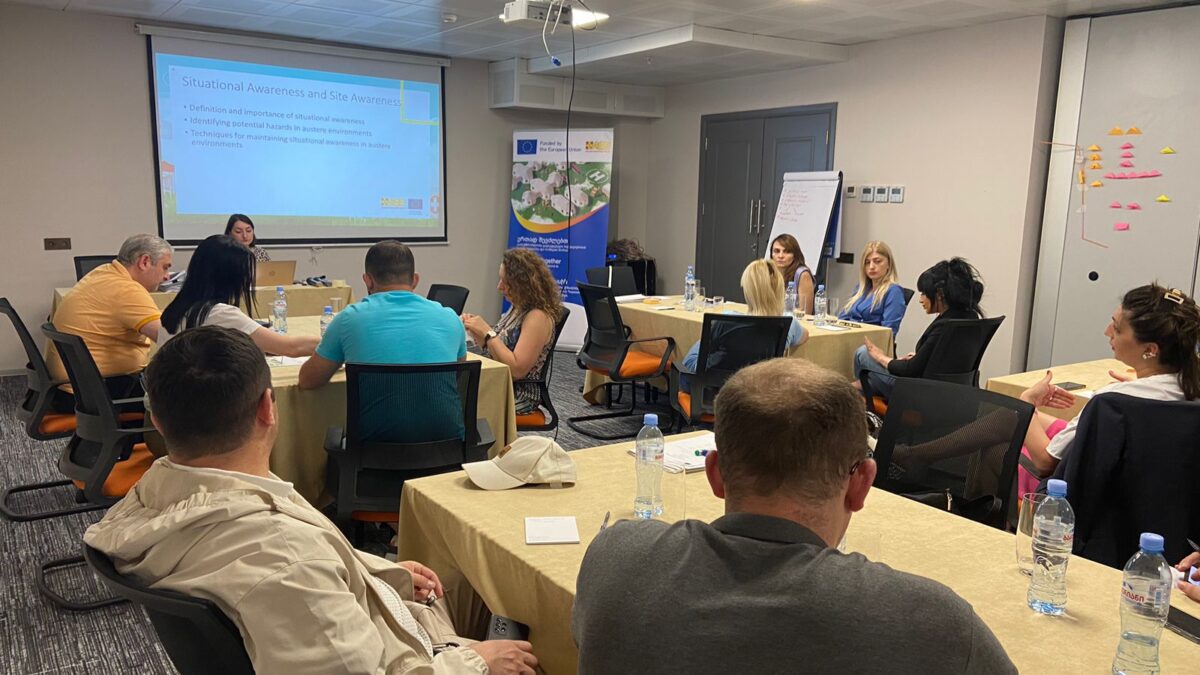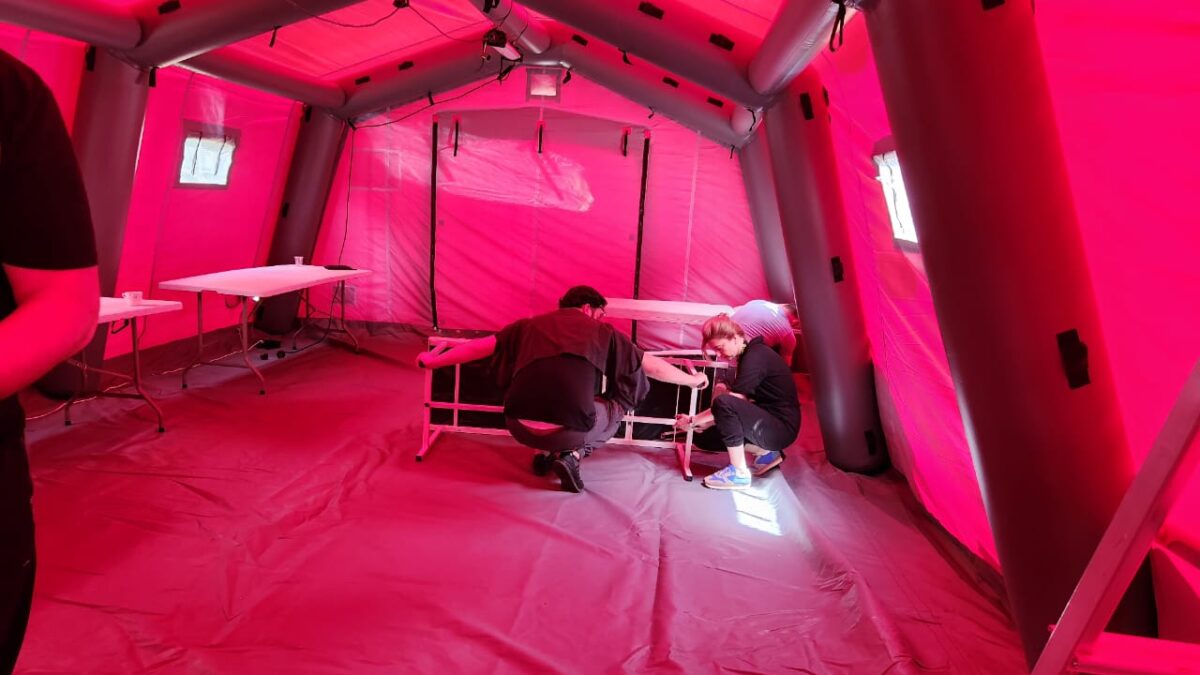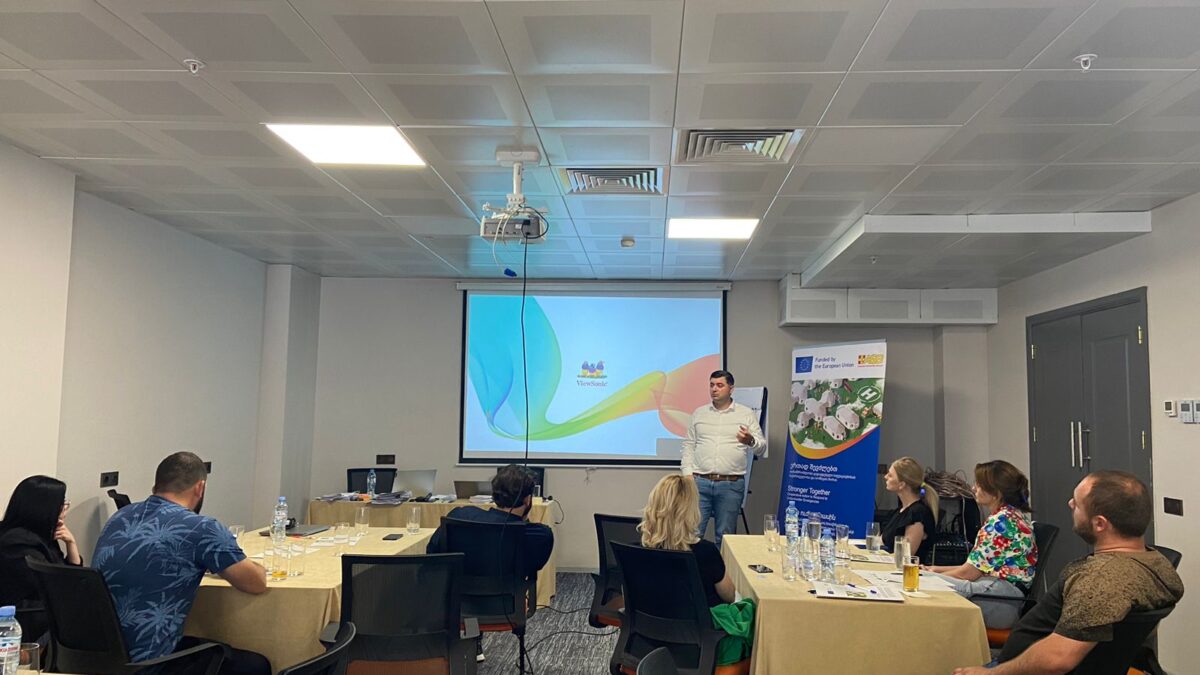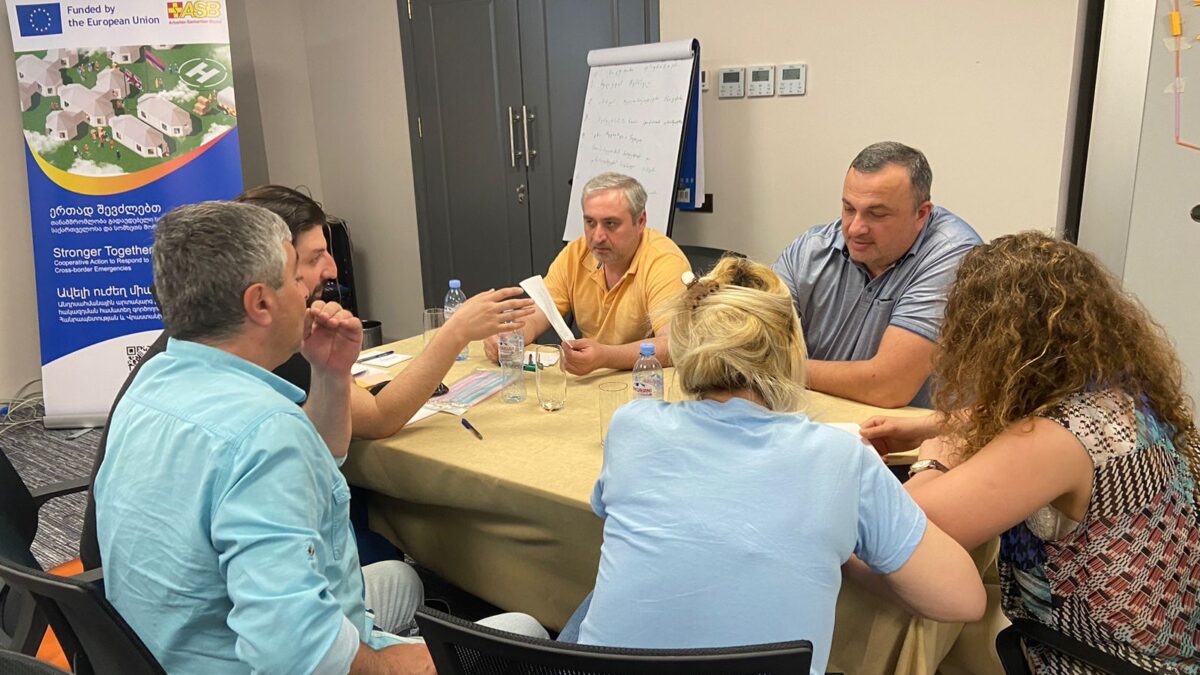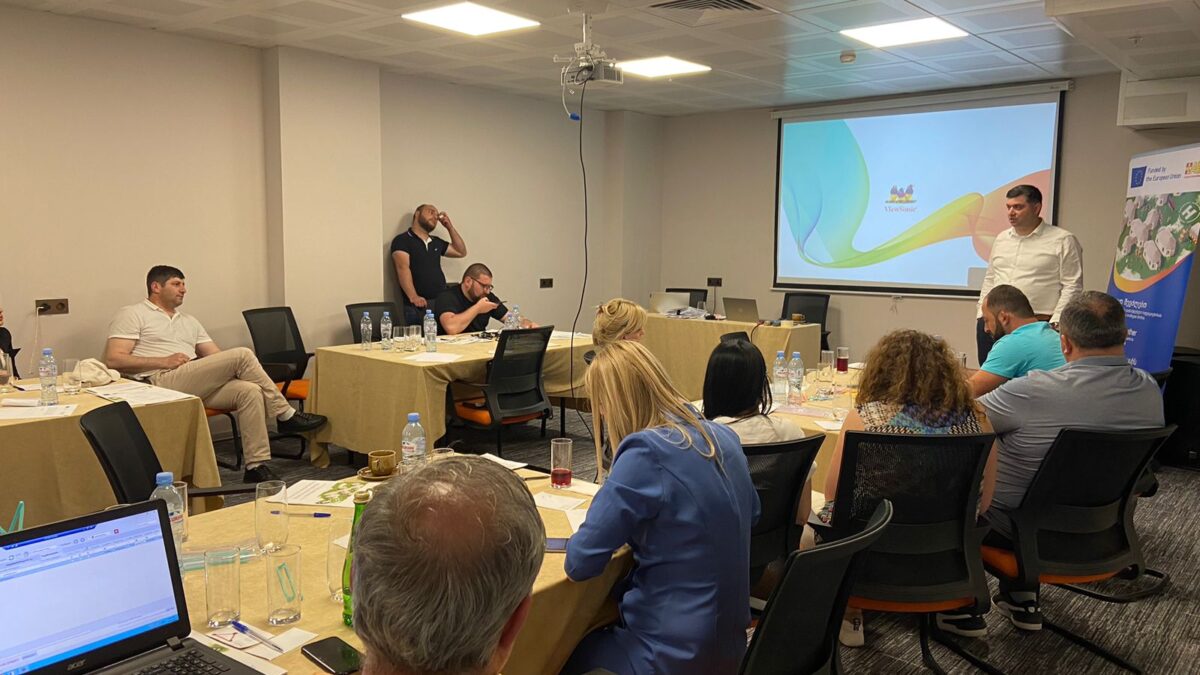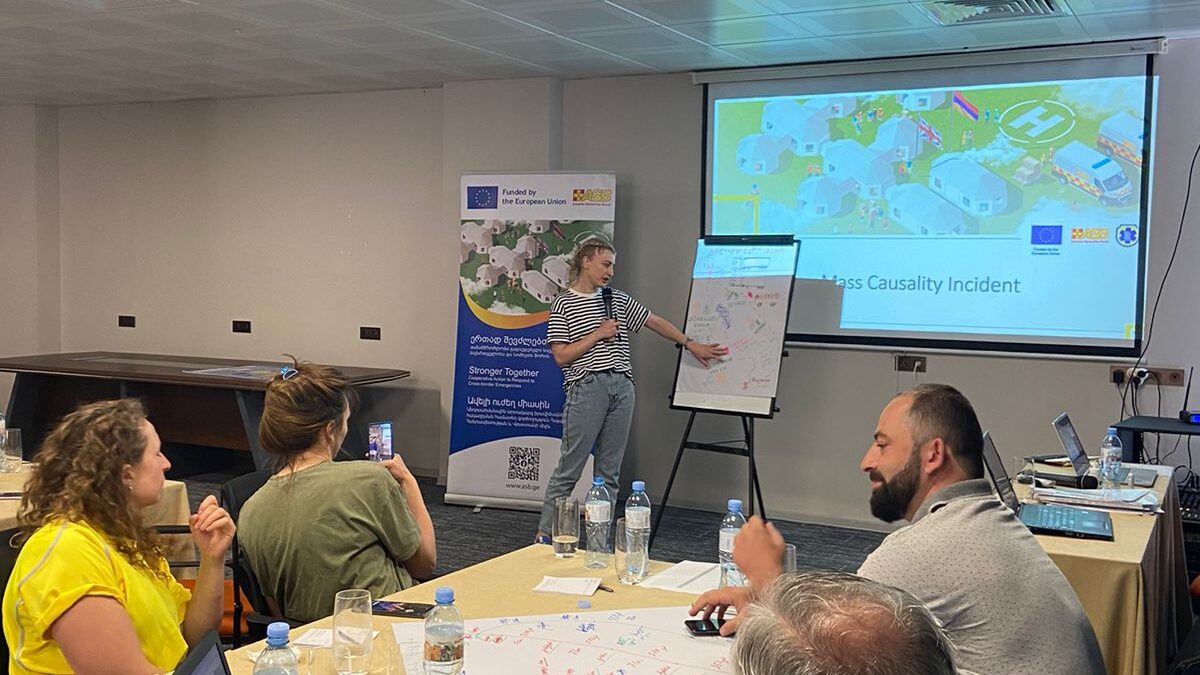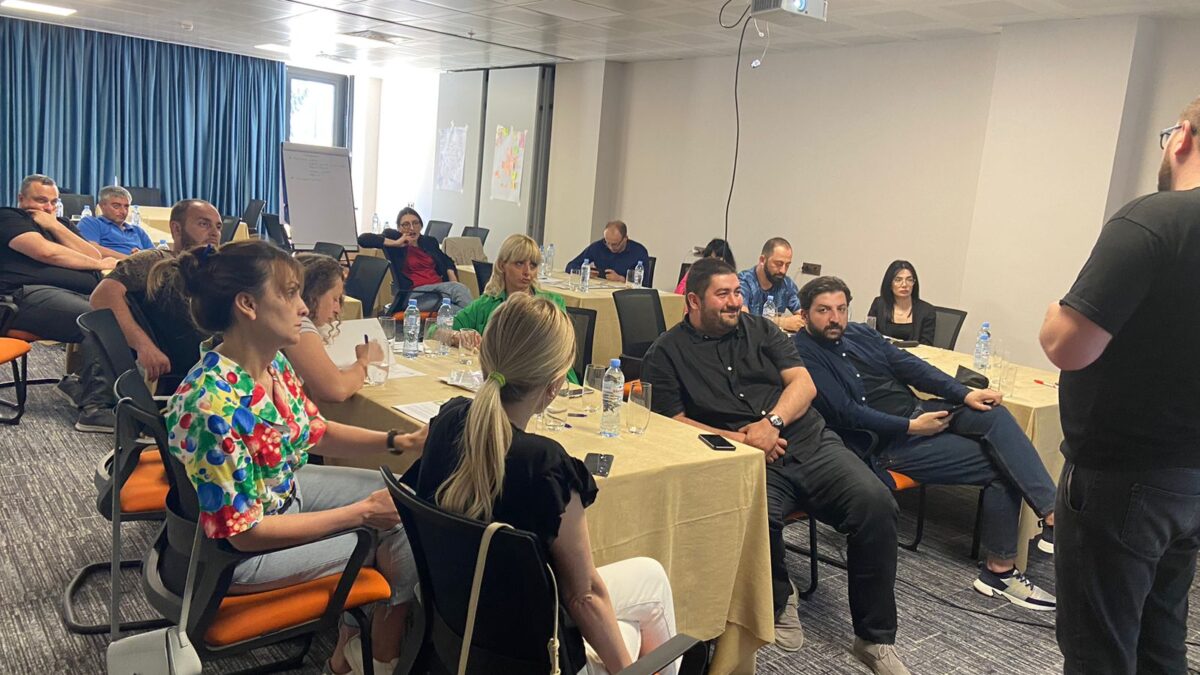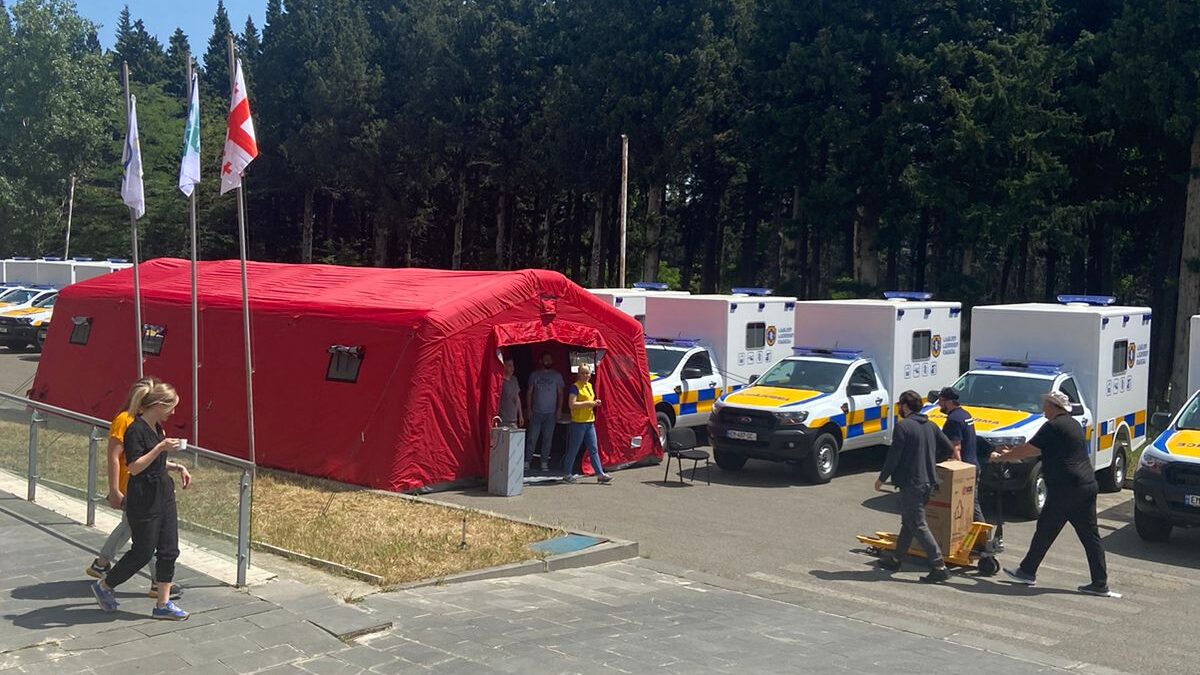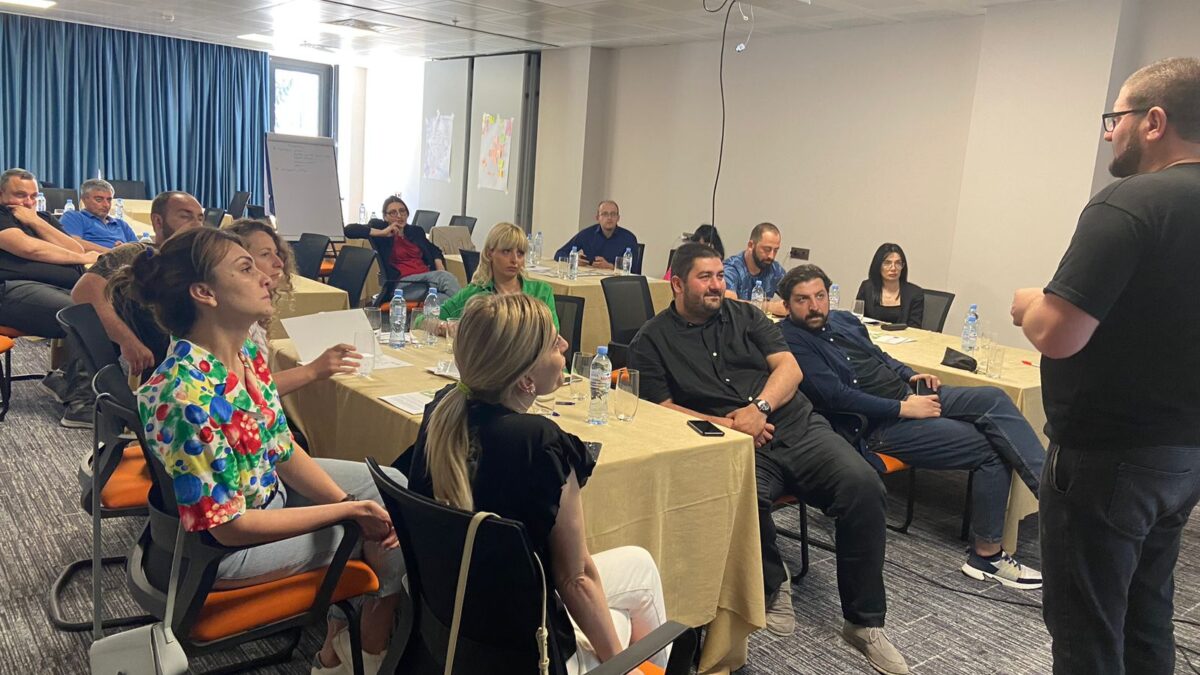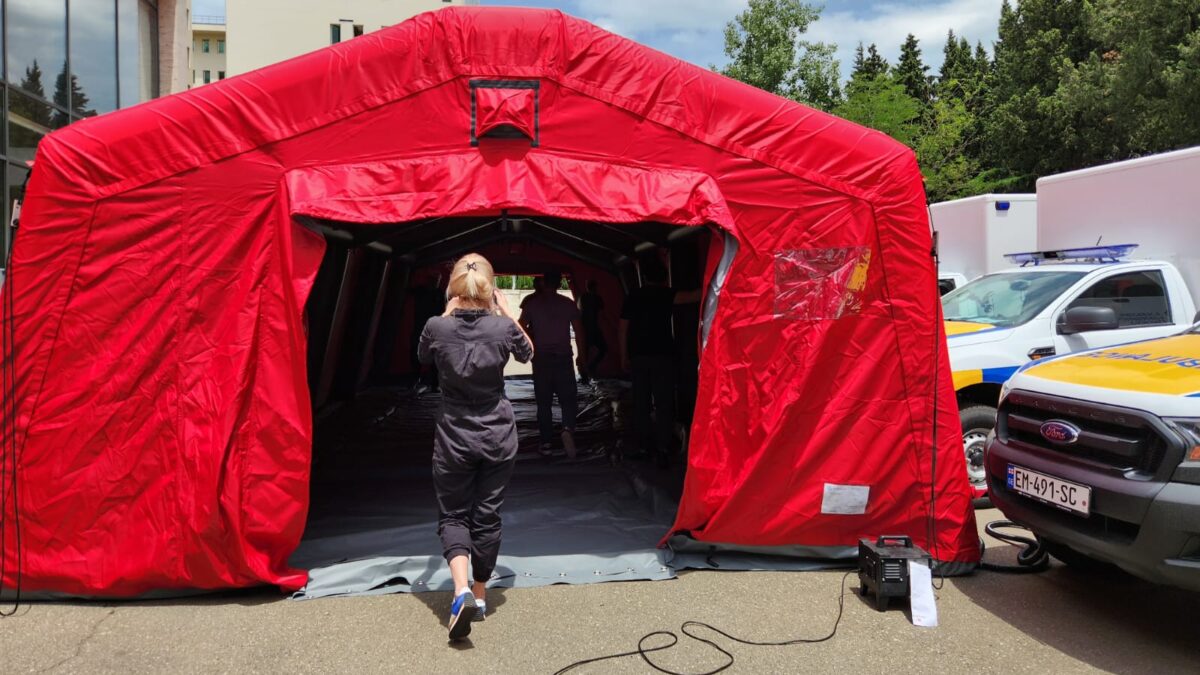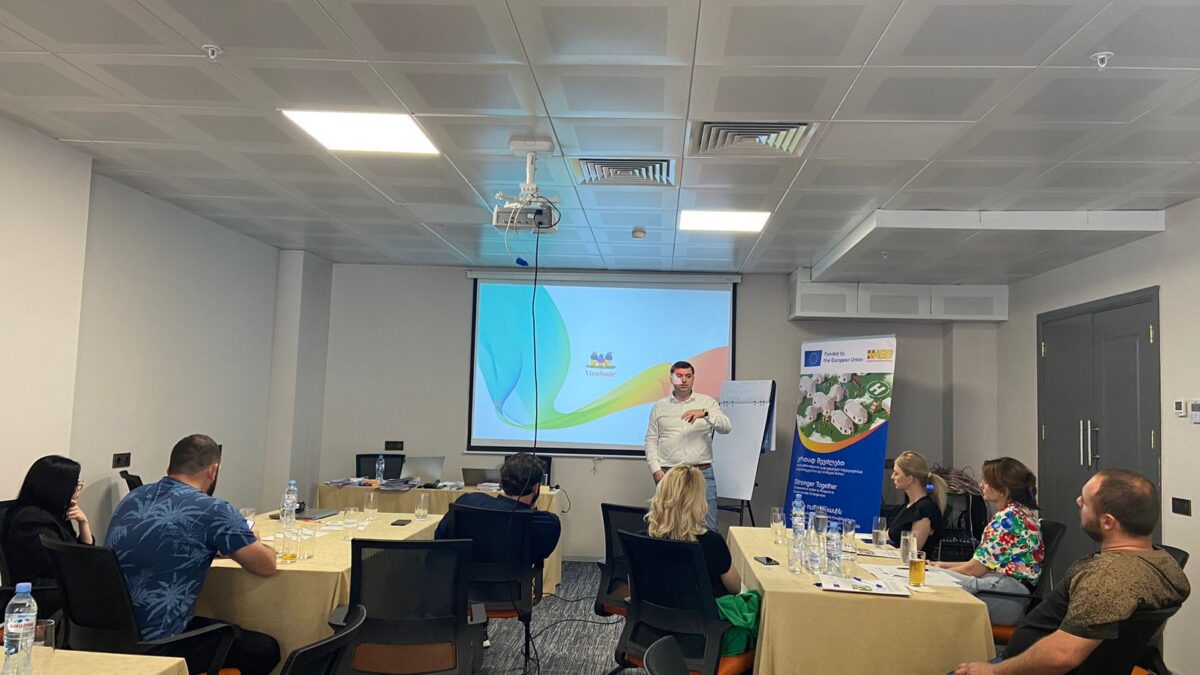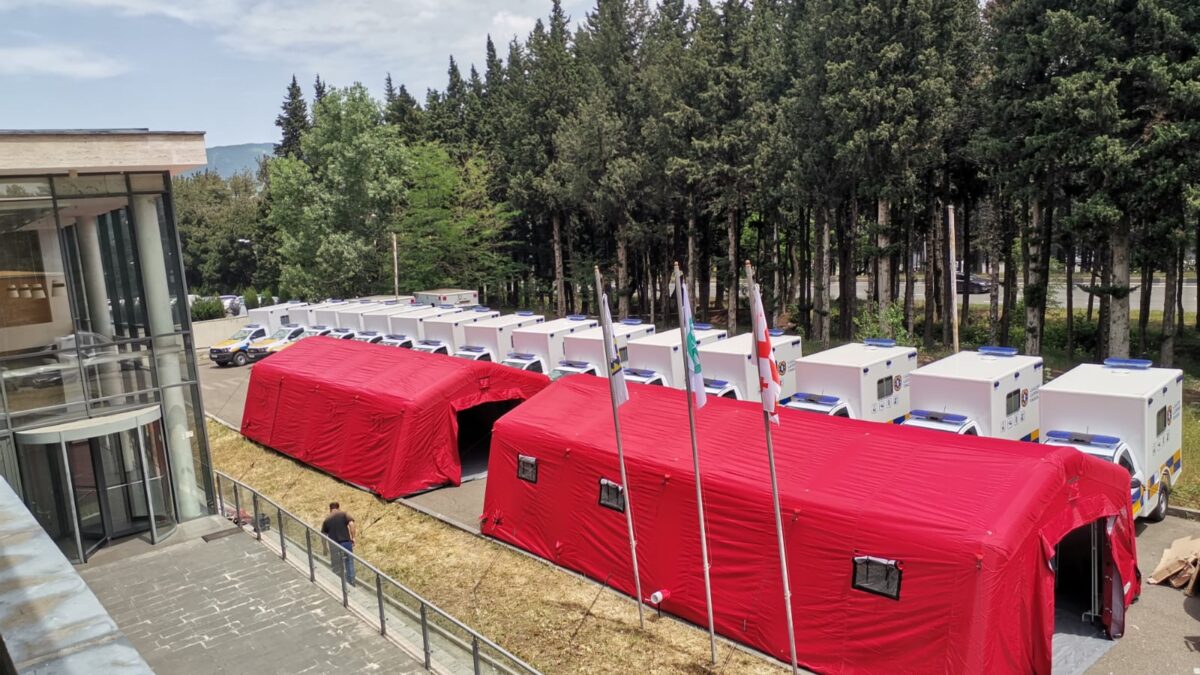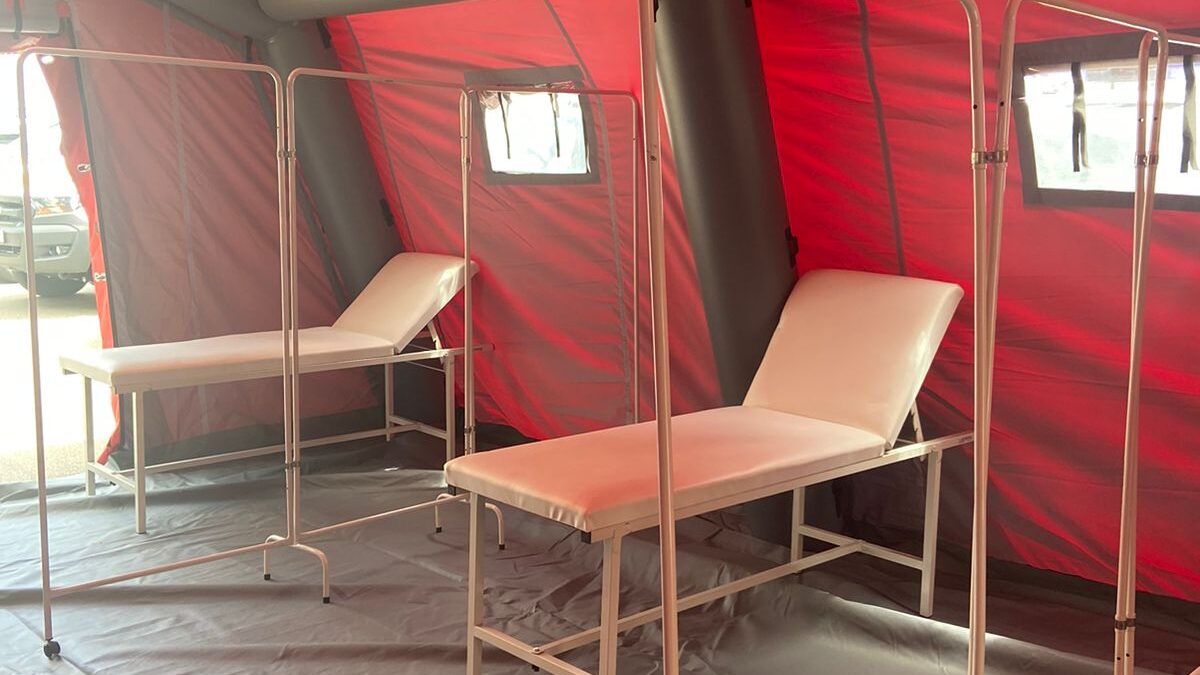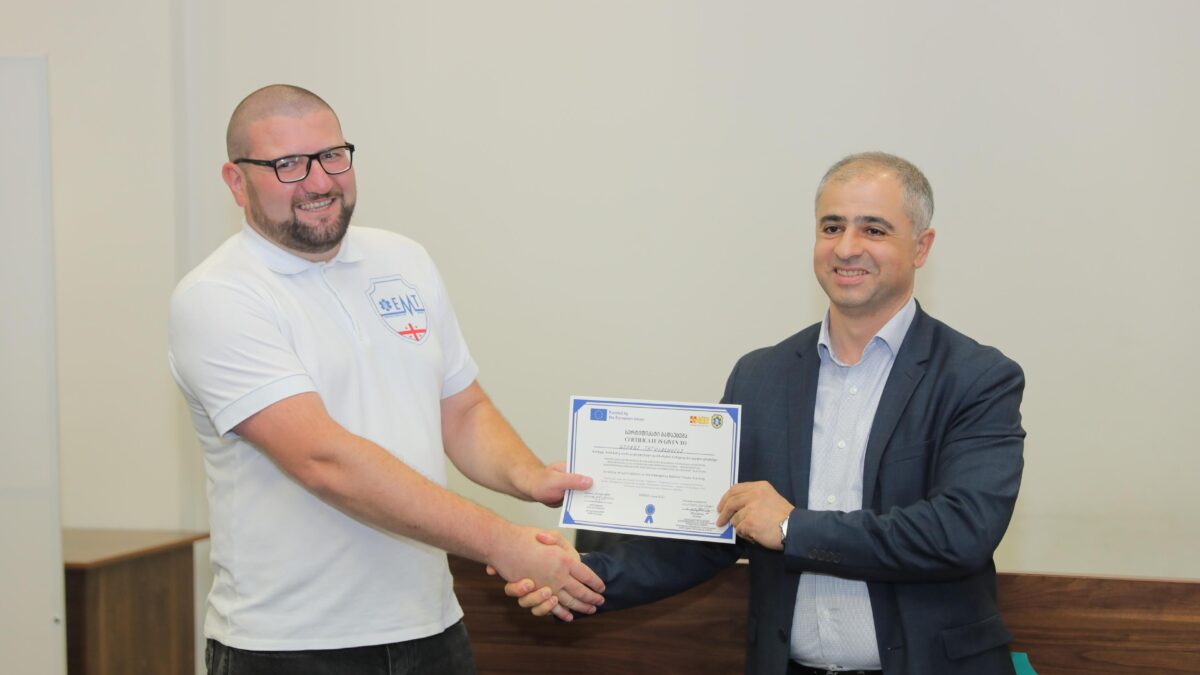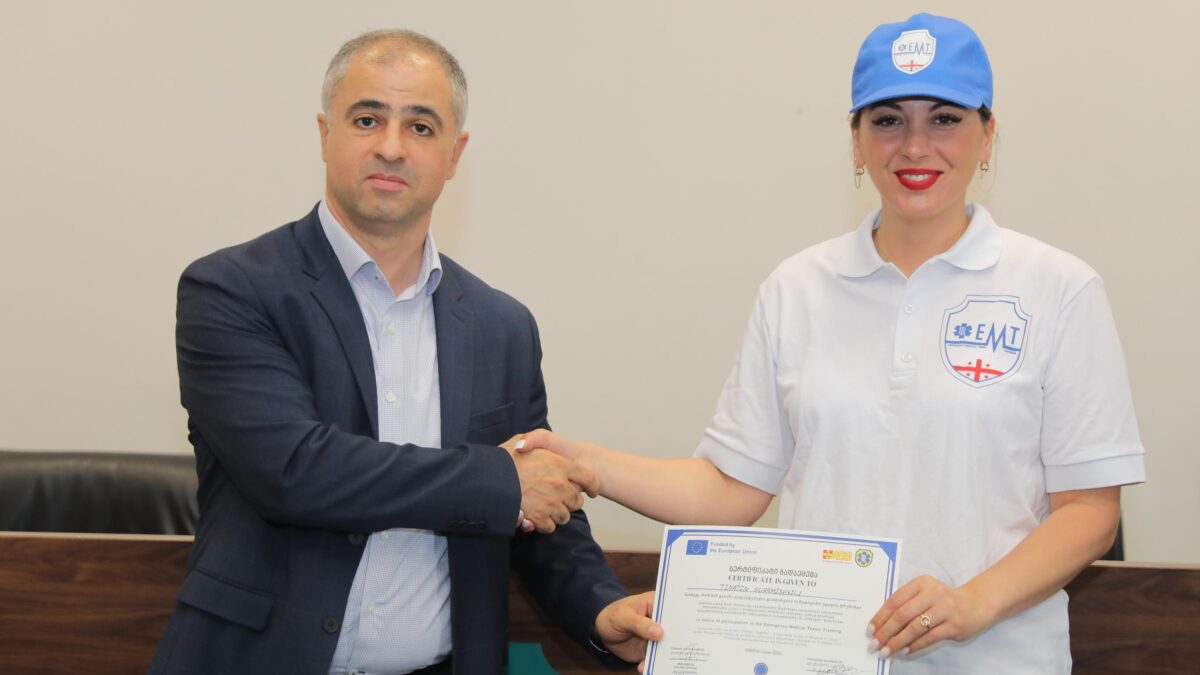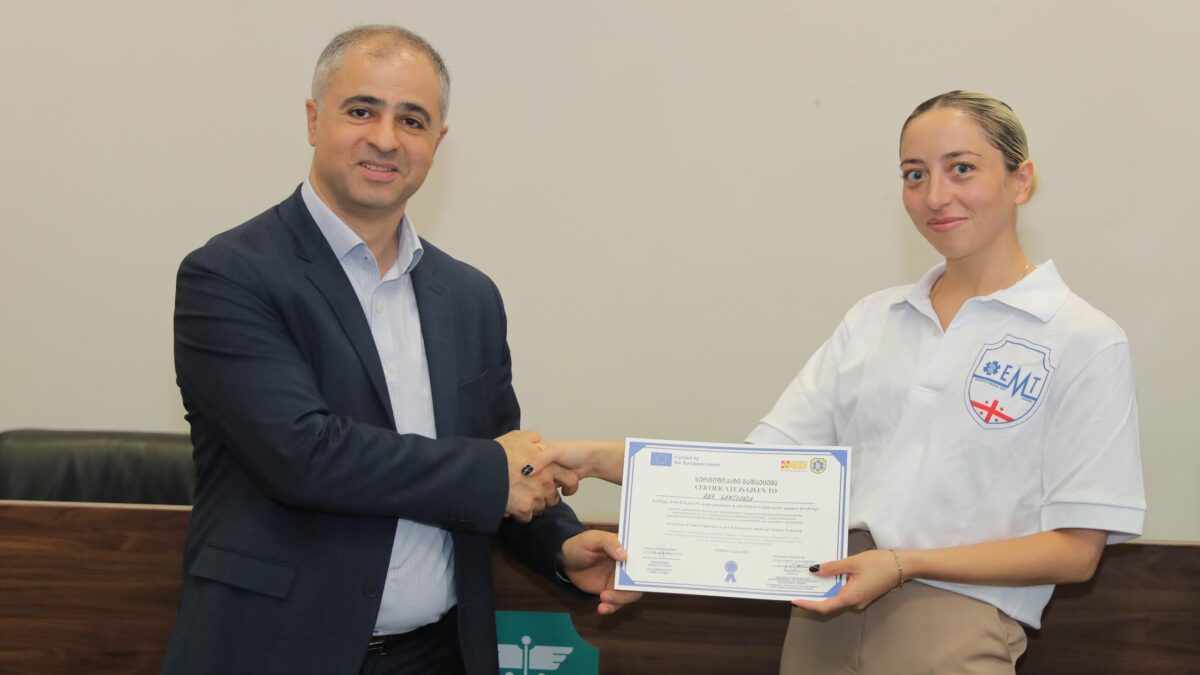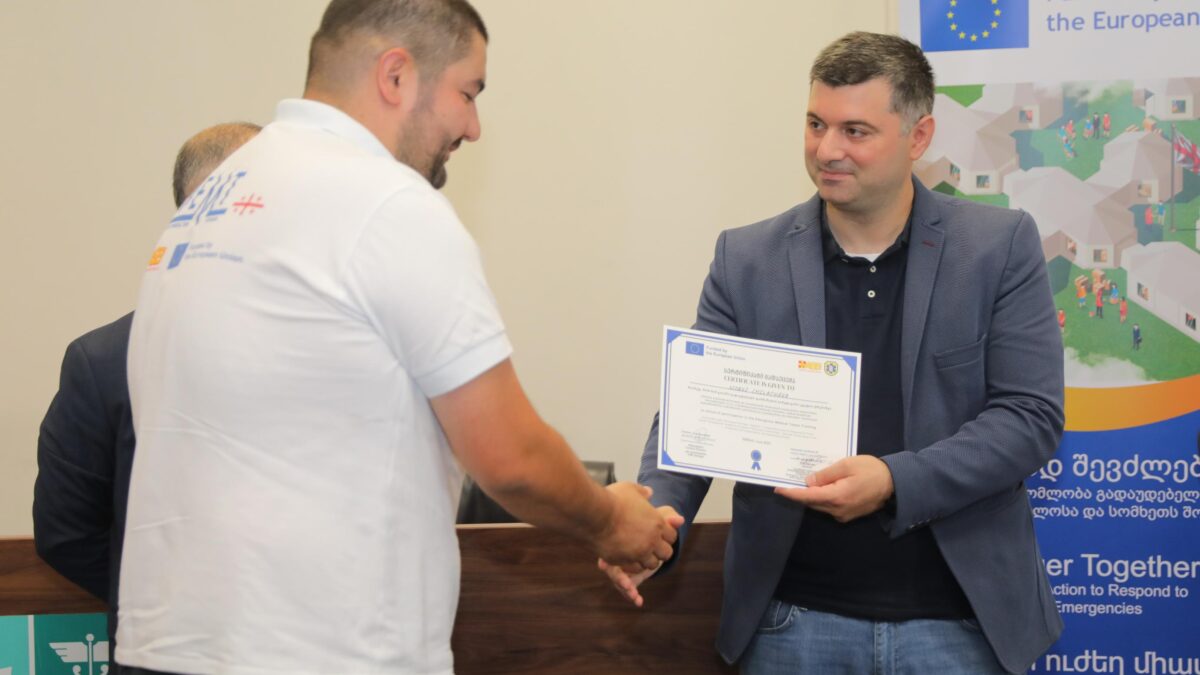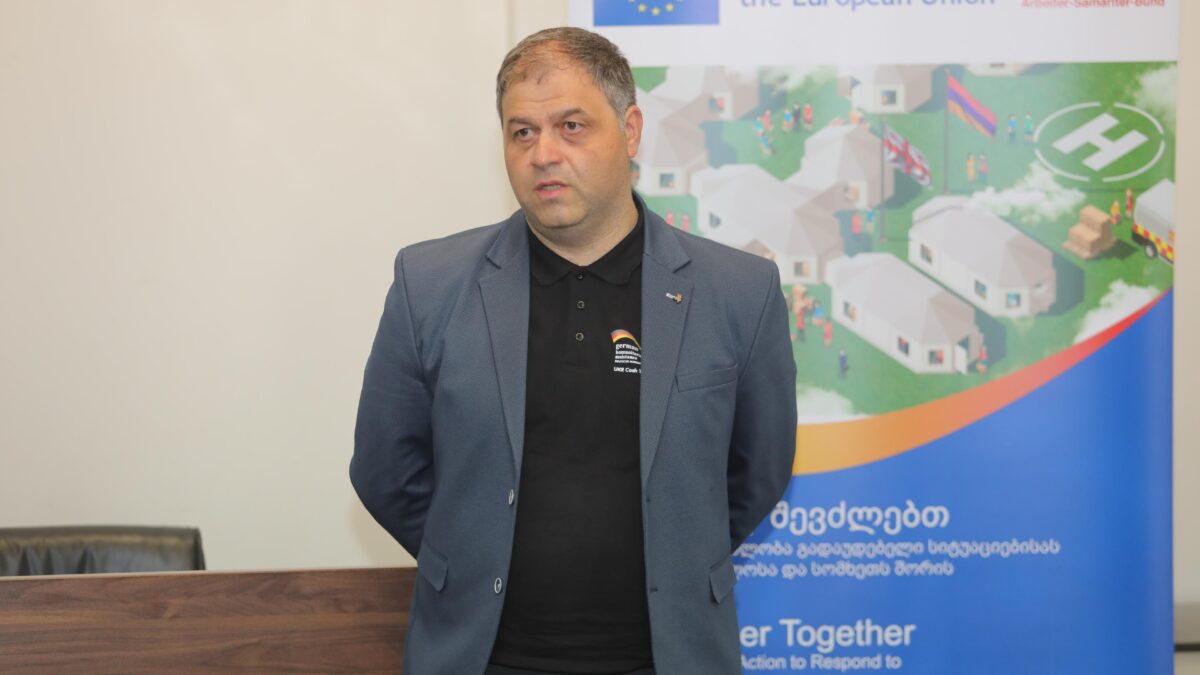Induction trainings
From May 15 to June 9, 2023, 120 hours induction training course was conducted for Georgian EMT members. The following modules were covered during the training:
Module 1: Introduction – key aspects of the national health emergency response plan, Health EOC structure and local health emergency coordination arrangements; experiences and lessons learned that might be adapted from responses to previous national emergencies, including outbreaks and sudden onset disasters; EMT concept; activation of international EMT assistance; the major points of liaison between national coordination mechanisms and international EMTs; coordination challenges faced by international EMTs; mutual policy of “no regrets” when engaging international EMT support as a compliment to national capacities; Outline and review national EMT capabilities; Outline the process for becoming a WHO classified international EMT; Apply the proposed EMT coordination methodology to a realistic emergency scenario; Coordination with other teams; Coordination through EMT CC; Civil military cooperation.
Module 2: EMT flow and onsite management – Administration and financial support; Deployment and redeployment procedures; Team/collaborative working; Austere environments; Operational environment-cultural awareness; Organizational, team and personal safety, security, and risk; Logistics; WASH; Data collections and reporting; Media management; Module 3: Essential healthcare Module 4: Psychological health.
Module 3: Essential healthcare – Triage; Assessment, resuscitation and stabilization; Referral and transfer; Ward management; Wounds; Burns; Fractures and limb injuries; Spinal cord injuries; Communicable diseases (country profile before deployment); Non-communicable diseases; Reproductive, maternal, newborn health (pediatric care); Child health; Analgesia, anesthesia; Intensive care; Surgery and perioperative; Malnutrition; Palliative care; Rehabilitation; Mental health; Transfusion services; Sterilization; Infection prevention control; Infectious diseases; Day to day healthcare; Laboratory capacity and services; Health promotion, community engagement; CBRN; Common health conditions; Dead body management; Medical ethics; reporting (incident reporting); Minor surgeries; Post exposure prophylaxis; Patient Flow; Pharmacy management & available drugs; Management of controlled drugs; Laboratory capacity and services.
Module 4: Psychological health – Psychological first aid; Signs and symptoms of psychological trauma; Psychological self-help; Building and maintaining resilience; Pear debriefs; Practical strategies for managing critical incidents; Injury or death of a team member; Personal behavior (adapt to team); Stress resilience.
Module 5: SIMEX – Field exercises and scenarios.
To access the training materials please follow the registration!









